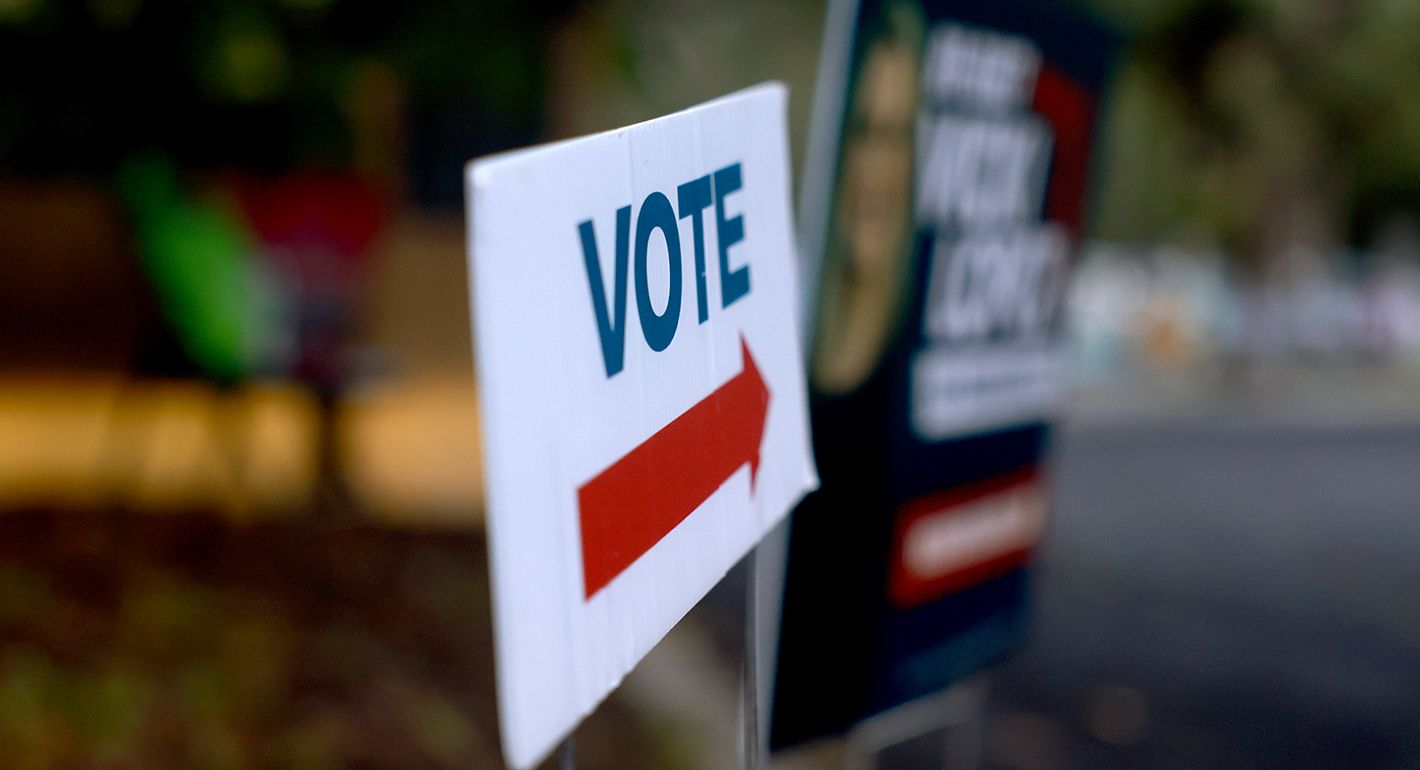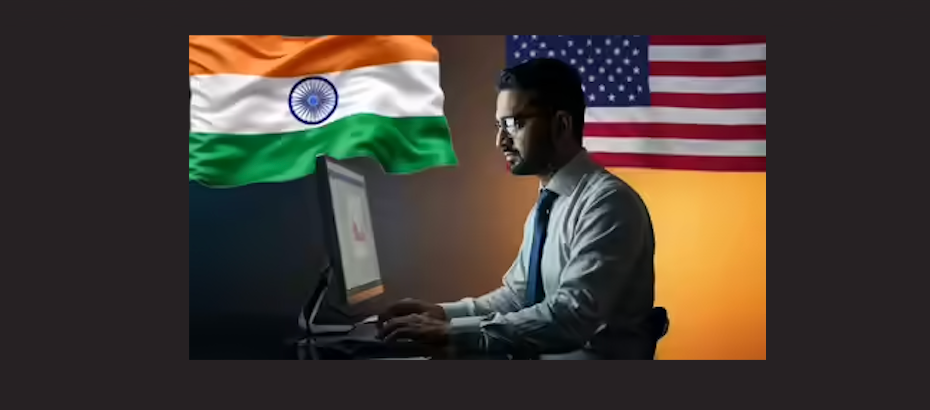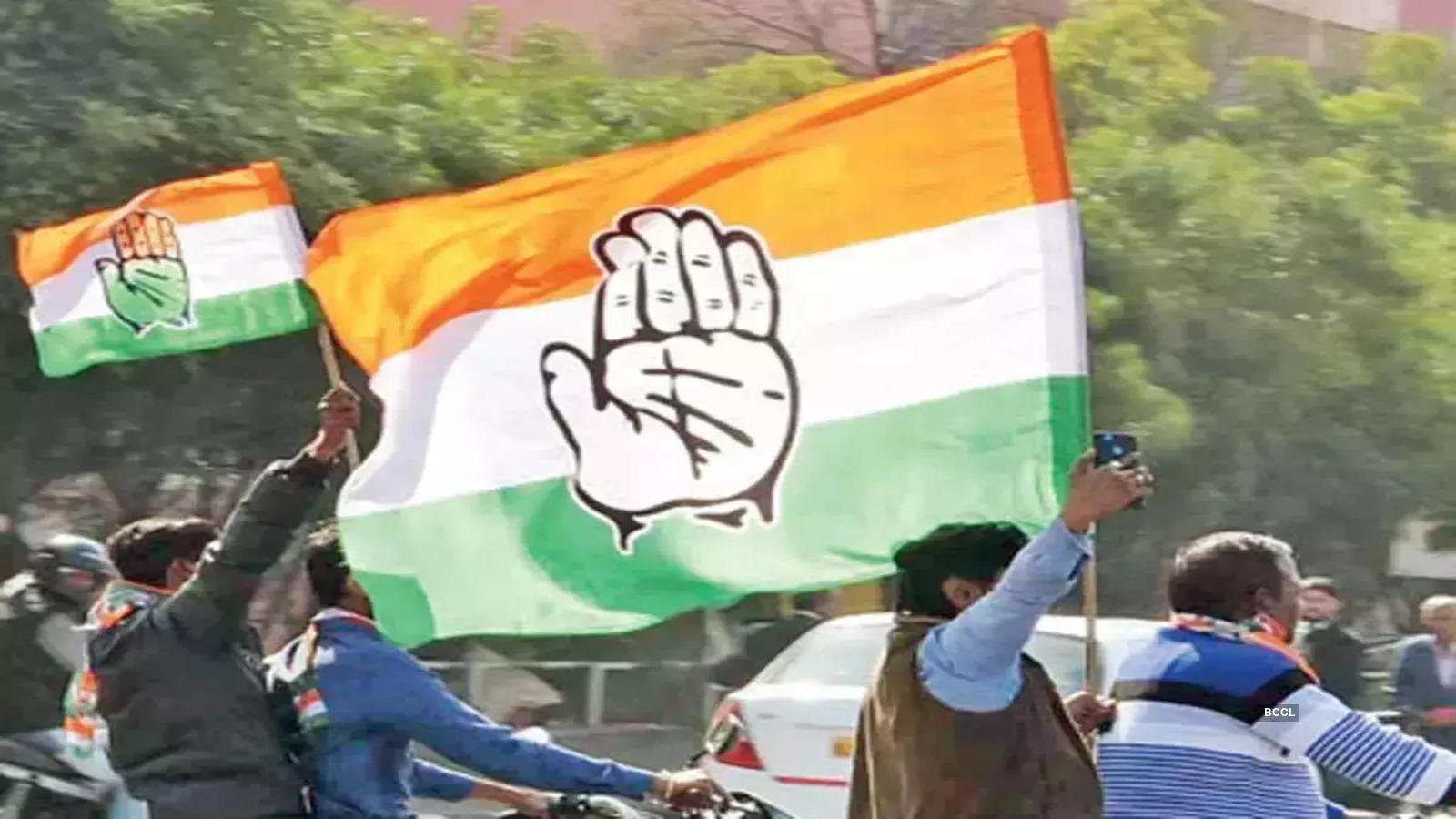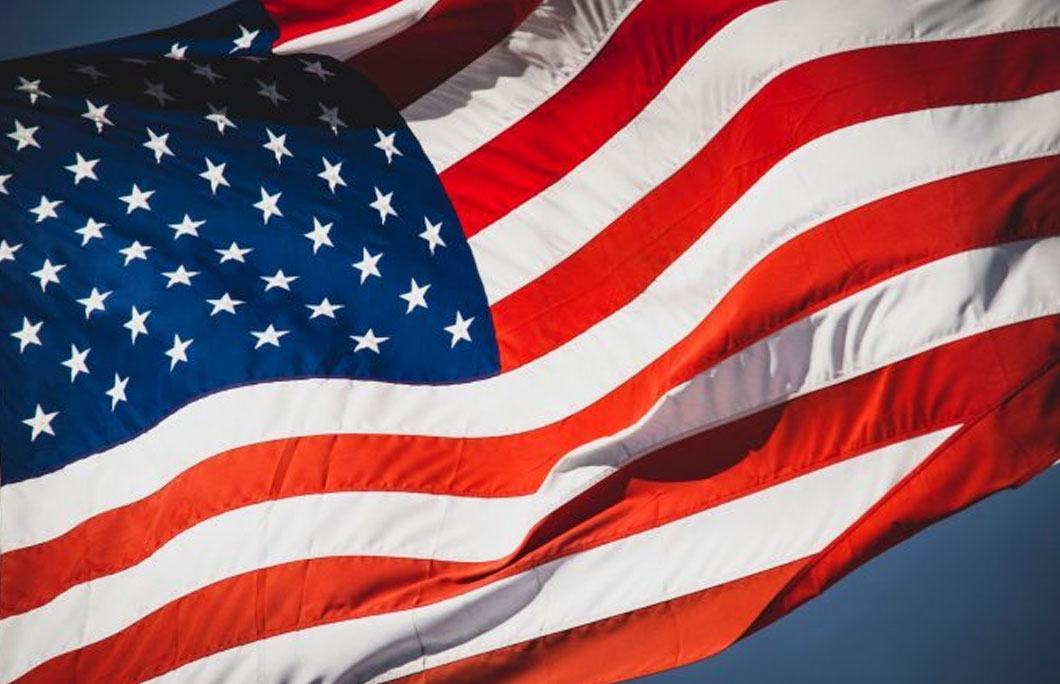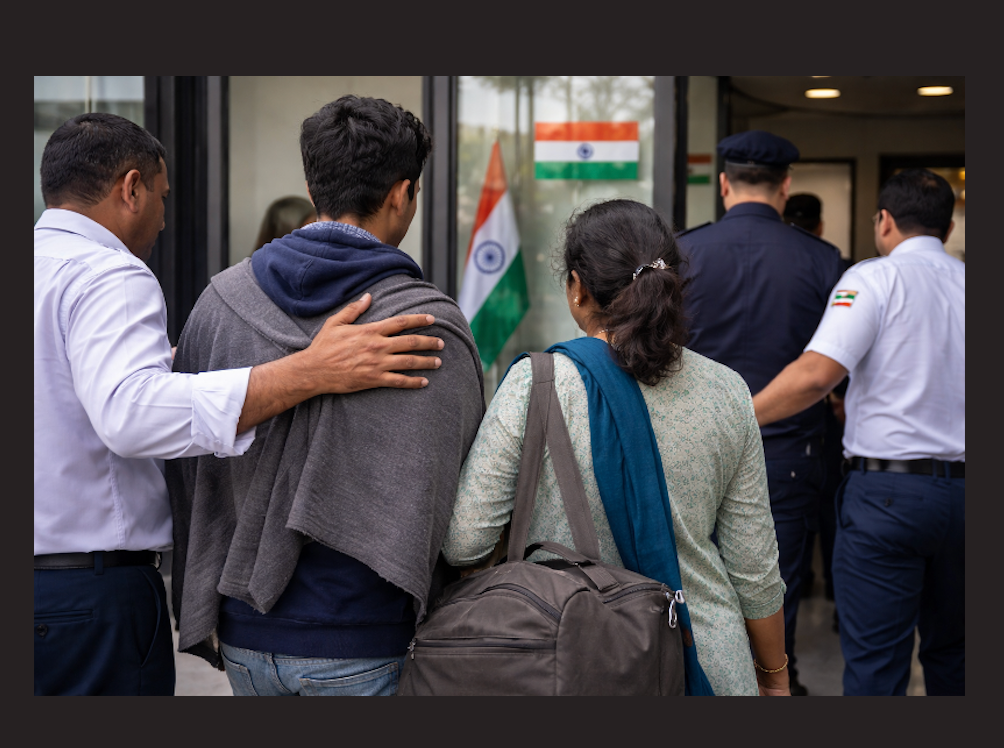As Election Day approaches, Indian Americans remain a demographic to watch, with complex views that may continue to evolve based on both party platforms and the candidates’ stances on policies crucial to this influential community
Indian Americans are poised to play a significant role in the upcoming U.S. election, with over 5.2 million Indian-origin individuals now calling the United States home, carnegieendowment.org.
As the second-largest immigrant group in the country, they represent a critical voter bloc due to their rapid demographic growth, influence in closely contested states, and remarkable success across various professional fields. This election cycle, the community is under the spotlight not only due to their growing political importance but also because Vice President Kamala Harris, who has Indian heritage, stands as the Democratic nominee, potentially making history.
Historically, Indian Americans have overwhelmingly supported the Democratic Party. Yet, the Republican Party has targeted this community, citing shared values in economic policies, social issues, and strong U.S.-India relations. The evolving political views of Indian Americans were first studied in-depth with the 2020 Indian American Attitudes Survey (IAAS). Four years later, the Carnegie Endowment for International Peace, in collaboration with research firm YouGov, conducted a follow-up survey to gain updated insights into Indian American political attitudes as the November 5, 2024, election nears. The survey sampled 714 Indian American citizens and carries an overall margin of error of +/- 3.7 percent.
-
The Republican Party faces notable challenges within the Indian American community, primarily due to its stance on issues such as minority rights, abortion, and ties to evangelical Christianity
-
This policy disconnect suggests that despite efforts to appeal to Indian Americans, the Republican Party may struggle to gain substantial traction with a demographic increasingly vocal on social justice issues and protective of minority rights
Key findings from the survey reveal that while Indian Americans continue to largely support the Democratic Party, this commitment has waned slightly. Forty-seven percent now identify as Democrats, down from 56 percent in 2020, with a corresponding rise in Republican alignment and independents. For those who lean towards either party, the Democrats’ decline aligns with a steady increase in Republican support, revealing a modest shift in the community’s political landscape.
Significantly, 61 percent of registered Indian American voters plan to vote for Kamala Harris, while 32 percent back Donald Trump. This shift in preference is especially pronounced among younger Indian American men, particularly those born in the United States. A notable gender divide has also emerged, with 67 percent of women intending to vote for Harris, compared to only 53 percent of men. Among men, 39 percent plan to vote for Trump, a rate nearly double that of women. Age amplifies this gender gap, as under-40 men appear evenly split between Trump and Harris, while older voters tend to favor Harris more consistently.
Another striking aspect of the survey is the generally unfavorable view Indian Americans hold towards prominent Indian American Republicans, such as Nikki Haley and Vivek Ramaswamy. This unfavorable perception extends across partisan lines, but Democrats appear more polarized in their views.
Policy issues also play a significant role in shaping Indian American voting decisions, with abortion emerging as a top concern, particularly among Democrats and women. Ranked as the second-most-important policy issue after inflation, abortion rights and reproductive policies have resonated deeply within this community, especially in a year when social issues weigh heavily.
***********************************************************
Readers
These are extraordinary times. All of us have to rely on high-impact, trustworthy journalism. And this is especially true of the Indian Diaspora. Members of the Indian community overseas cannot be fed with inaccurate news.
Pravasi Samwad is a venture that has no shareholders. It is the result of an impassioned initiative of a handful of Indian journalists spread around the world. We have taken a small step forward with the pledge to provide news with accuracy, free from political and commercial influence. Our aim is to keep you, our readers, informed about developments at ‘home’ and across the world that affect you.
Please help us to keep our journalism independent and free.
In these difficult times, running a news website requires finances. While every contribution, big or small, will make a difference, we request our readers to put us in touch with advertisers worldwide. It will be a great help.
For more information: pravasisamwad00@gmail.com

